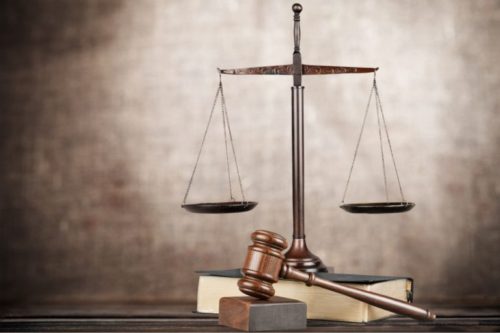How Class Action Lawsuits Work

Both class action and civil lawsuits can be filed in state courts as well as federal courts. The Class Action Fairness Act Of 2005 stipulates the criteria for cases which fall under federal jurisdiction. The class action lawsuit will be characterized by different aspects. Some of the aspects are explained below:
Certification
For any case to be treated as a class action, the judge must certify that the case is a class action. After certification, it will be impractical for the plaintiffs to sue individually. The plaintiffs should share a common complaint. The defendants should share a common defense for all plaintiffs as well. From the records between 20 to 40 percent of lawsuits which are filed receive certification.
Defining the class
The definition will provide the scope of the characteristics of the class. For example, if people are suing against a product which was produced by a given company, the judge will define the period of time when the products manufactured where defective hence they qualify for a victim who was affected under such a period of time to sue the company for compensation.
Notification
The judge will order for all plaintiffs to be notified. They can be notified through TV commercials, newspaper, mail or any other form of advertisement depending on the scope of the class.
Opting out
If you fall under the scope of the defined class, then you will be automatically included in the case. The final judgment which will be offered by the judge will be binding. But, you can as well opt out of the class action and file your own case.
Appointing counsel
The judge will select representative counsel for the plaintiffs. The lawyer who filed the case will be the one required to represent the plaintiff, but the judge will go further and assess the lawyer whether he is experienced enough to handle class action proceedings. The judge will carry out research to know whether the lawyer is highly knowledgeable in a given area in relation to the scope of the class action.
Distribution of damages
The judge will develop a clear plan on how the money worn will be shared among the plaintiffs. The judge will as well determine the money which will be paid to the lawyer as service fees.
Class actions have several advantages and disadvantages. It is upon you to check out the advantages and disadvantages of the class action before you decide to file under it.
Photo Credit: Shutterstock/Billion-Photos